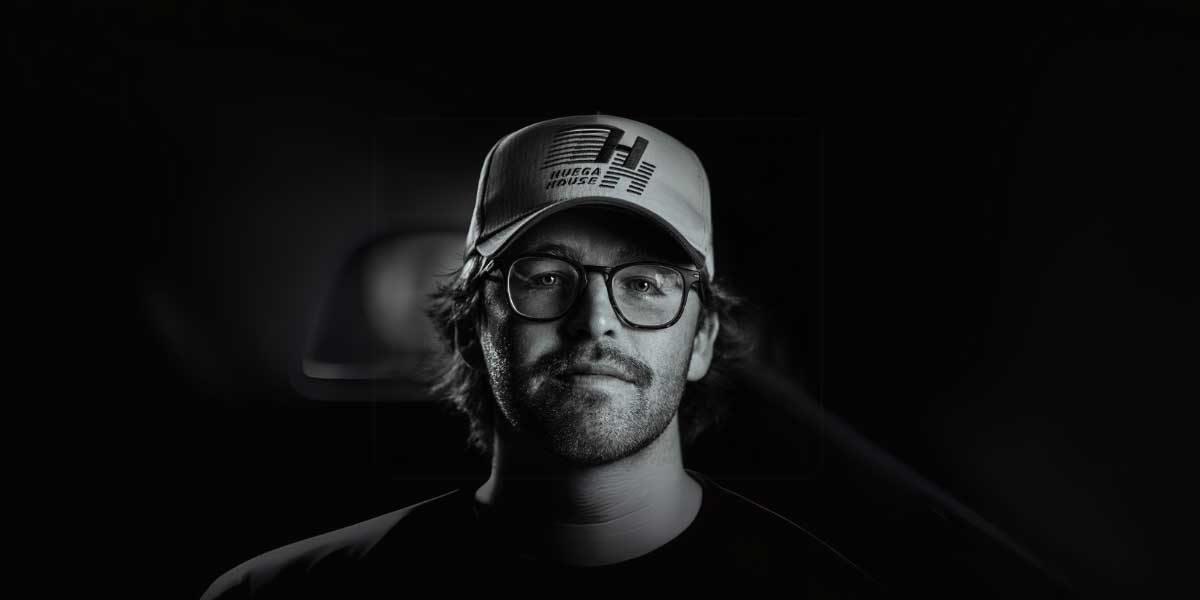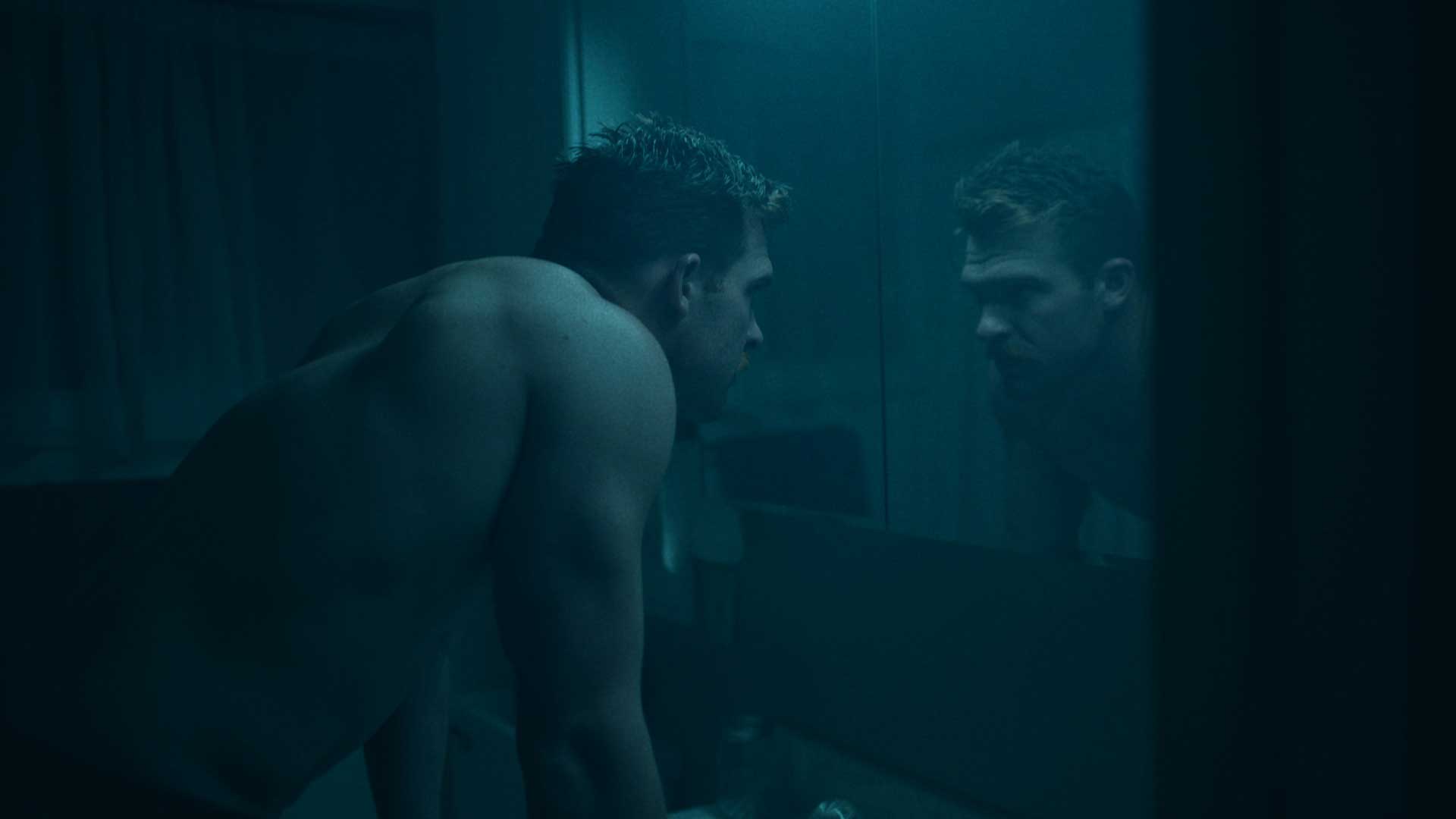When it comes to creating digital content that resonates, inspires, and delivers real results, James Williams stands out as a leading voice. As the co-founder of Foji Collective, a creative agency based in Bozeman, Montana, James is redefining storytelling and content creation. In an exclusive interview with Dillon Kivo, James shared why content remains the cornerstone of digital success in 2025 and how brands can thrive in today’s competitive environment.
Can you tell us about your background? What inspired your journey into content creation?
James Williams: Sure. I was born in Austin, Texas, but my mom and I moved to Montana just before I turned seven. That’s where it all started for me. I found an old family camera, and my brother and I would make silly videos with it. That was the spark for my passion.
By the time I hit seventh grade, I had saved up for a Canon T3i DSLR. That camera was my life. I began with photography, but in 2009, a friend and I got into YouTube. We were writing skits and making videos before it was even a thing.
How did you transition from that early passion to making content professionally?
James Williams: In high school, I took a class called Hawk TV, where we made weekly skits and shows that aired in classrooms. That’s where I really got into editing and storytelling.
Around the same time, I started doing senior portraits and photography gigs. It hit me then: I could actually make money doing what I loved. Later, I briefly studied film at Montana State University in Bozeman, but school wasn’t for me. I left after a semester to work at a production company in Livingston for four years. That hands-on experience was invaluable. After that, I co-founded Foji Collective with my partner, Eli Harris.
What inspired you and Eli to start Foji Collective?
James Williams: Eli and I wanted to create something meaningful. We were grinding separately in the industry but didn’t feel fulfilled. We wanted to tell stories that mattered. Our first project was a short film about a longtime baker in Bozeman. We shot it for free as a test, and it reminded us why we love this work. Foji Collective gave us the freedom to tell stories our way.
What trends in content creation are shaping the industry in 2025?
James Williams: One trend I’ve noticed is what I call the “no man’s land for reels.” If something is filmed on an iPhone and feels raw and authentic, it performs really well. Hyper-polished, cinematic content also does great. But if it’s filmed on a professional camera and edited to look raw, it tends to flop.
Audiences are smart—they can tell when something is staged to look authentic, and they reject it. People trust content that feels real, whether it’s raw or beautifully produced. That’s a big shift, and it’s shaping the future of storytelling.
What advice do you have for aspiring creatives?
James Williams: Passion is everything. If you’re not truly passionate, it’ll be hard to stick with it. Once you’ve established that, focus on storytelling. It’s not just about taking a good photo or video; it’s about capturing something meaningful.
Shoot as much as possible and carry a camera everywhere. Don’t wait to get started. Gear doesn’t matter as much as people think—an iPhone can produce amazing work if you have a good eye. But if you can, get a camera. It’ll help you grow technically and creatively.
And be someone people enjoy working with. Relationships and trust are just as important as skills.
What’s Next for Foji Collective?
James’s passion for storytelling is matched by his vision for the future.
James Williams: Over the next five years, I’d like to expand beyond just a production company. I’m interested in building something more like a full brand—a lifestyle brand, even. Videography as a medium for storytelling has the capacity to provoke deep, meaningful discussion. Videography, as a storytelling medium, has the power to spark deep, meaningful discussions. The intersection of cinema, biography, and the lived experiences of our subjects forms a unique imprint—a human mark we strive to leave behind to inspire and move viewers for years and decades long after we’re gone.
Beyond this, I’d love to explore other passions like fitness and fashion, finding ways to weave them into my work. It’s all about blending creativity and impact in new, dynamic ways.
Why does content still matter so much in 2025?
James Williams: Content is about connection. Platforms and tools change, but the human element doesn’t. People want to feel something when they see your work, whether it’s raw and real or polished and cinematic.
The brands that succeed are the ones that balance strategy with authenticity. It’s not just about selling—it’s about building relationships and trust through your content. That’s why content remains king.
With his passion for storytelling and a sharp understanding of trends, James Williams and Foji Collective are proof that creativity and authenticity can thrive in the digital age. As the content landscape continues to evolve, James’s insights serve as a guide for brands and creators looking to make a meaningful impact.
To learn more about James Williams and Foji Collective, visit their website, and Instagram.


















